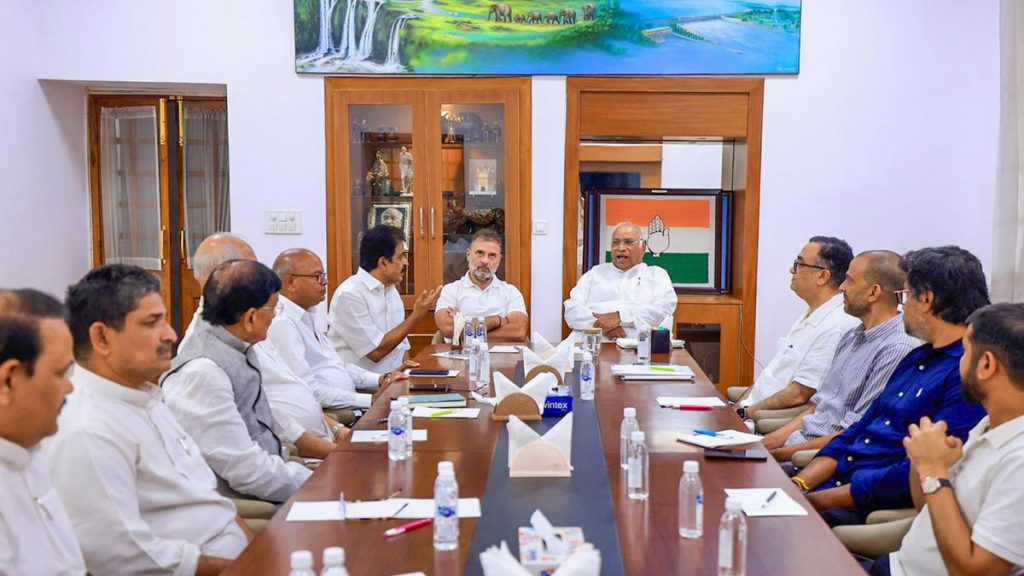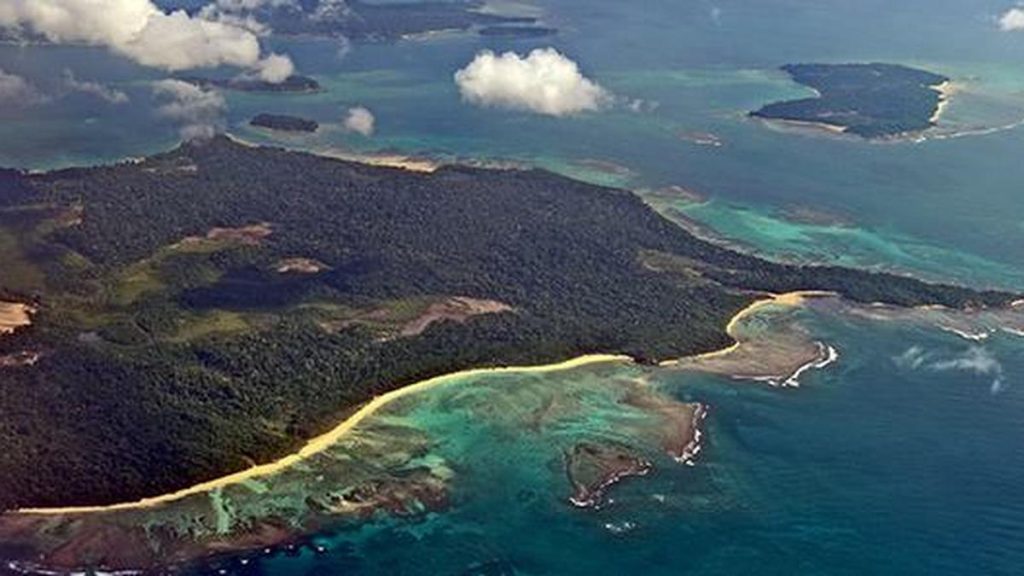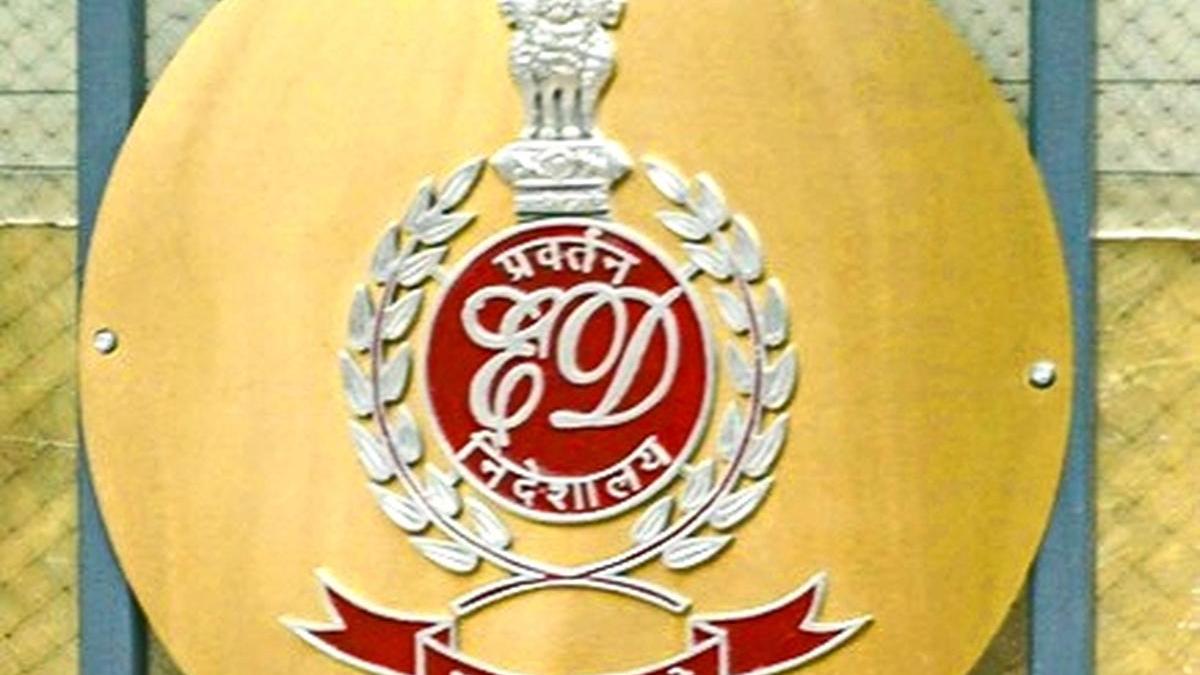Now Reading: Kejriwal Challenges PM Modi to Impose 75% Tariff on US Imports
-
01
Kejriwal Challenges PM Modi to Impose 75% Tariff on US Imports
Kejriwal Challenges PM Modi to Impose 75% Tariff on US Imports
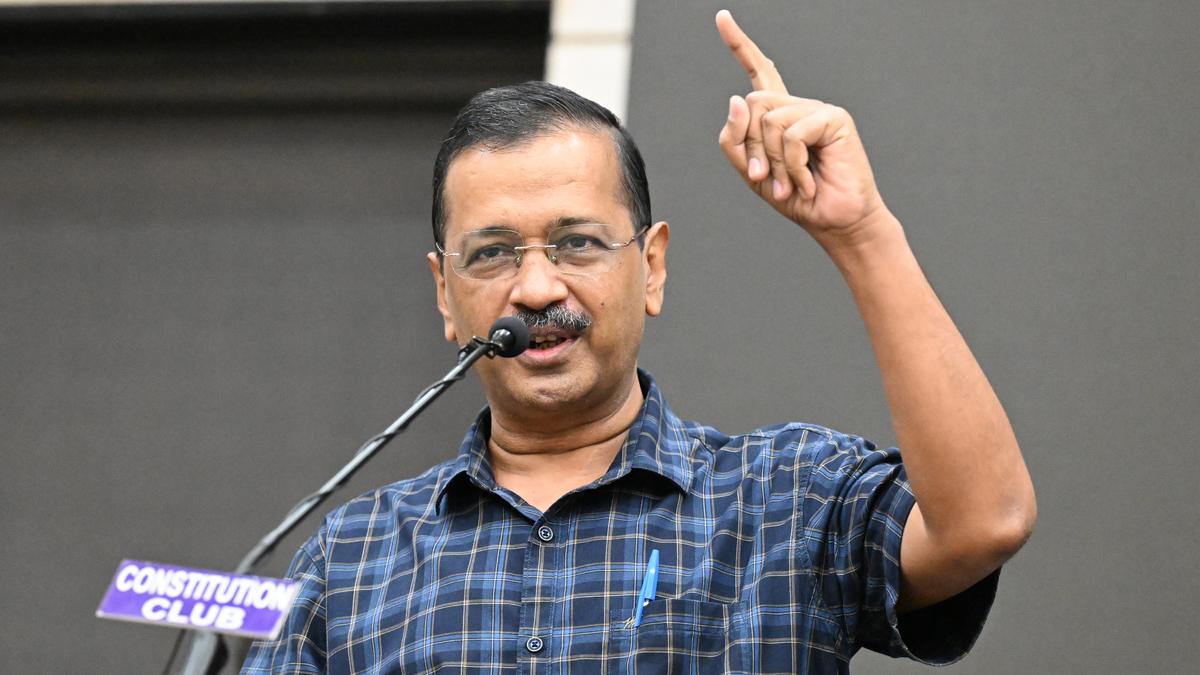
Quick Summary:
- Arvind KejriwalS demand too PM Modi: AAP leader Arvind Kejriwal urged Prime Minister Narendra Modi to impose a 75% tariff on U.S. imports, countering the 50% tariff imposed by the United States on Indian exports.
- Cotton import duty exemption: The Indian government recently extended an exemption of 11% import duty on cotton from the U.S.until December 31, 2025, citing benefits for export-oriented industries and reducing input costs.
- Criticism from Kejriwal: He argued this decision harms Indian farmers as imported U.S. cotton would lower domestic cotton prices during October-November harvest season.
- Support measures proposed: Among his demands were reinstating the 11% duty on imported cotton, fixing a Minimum Support Price (MSP) for cotton at ₹2,100 per 20 kg, and providing subsidies for fertilizers and seeds.
- Impact of U.S tariffs: He claimed that steep tariffs have affected diamond workers in India and accused PM Modi of showing weakness by not responding firmly to Trump’s actions.
- Farmer vulnerability highlighted: kejriwal alleged that removing import duties makes Indian farmers dependent on loans and vulnerable to financial distress.
Indian Opinion Analysis:
The ongoing debate around trade policies underscores the delicate balance between supporting domestic agriculture and competing globally in manufacturing and export markets. While the government’s decision to remove import duties aligns with its goal of strengthening India’s textile exports amid high external tariffs from the U.S., concerns raised about its adverse effects on small-scale farmers merit attention.
Kejriwal’s suggestions for imposing retaliatory tariffs or reinstating duties reflect frustrations among certain segments hit hardest by global trade dynamics. Yet such measures carry economic risks-potential retaliation may disrupt broader trade relations with a key market like America that consumes significant portions of India’s textile goods.
India needs carefully calibrated policies that minimize harm while safeguarding long-term competitiveness in international trade markets. Addressing farmer distress through MSPs or targeted subsidies could help mitigate immediate challenges without escalating geopolitical tensions unnecessarily.
For further details:
Read more



